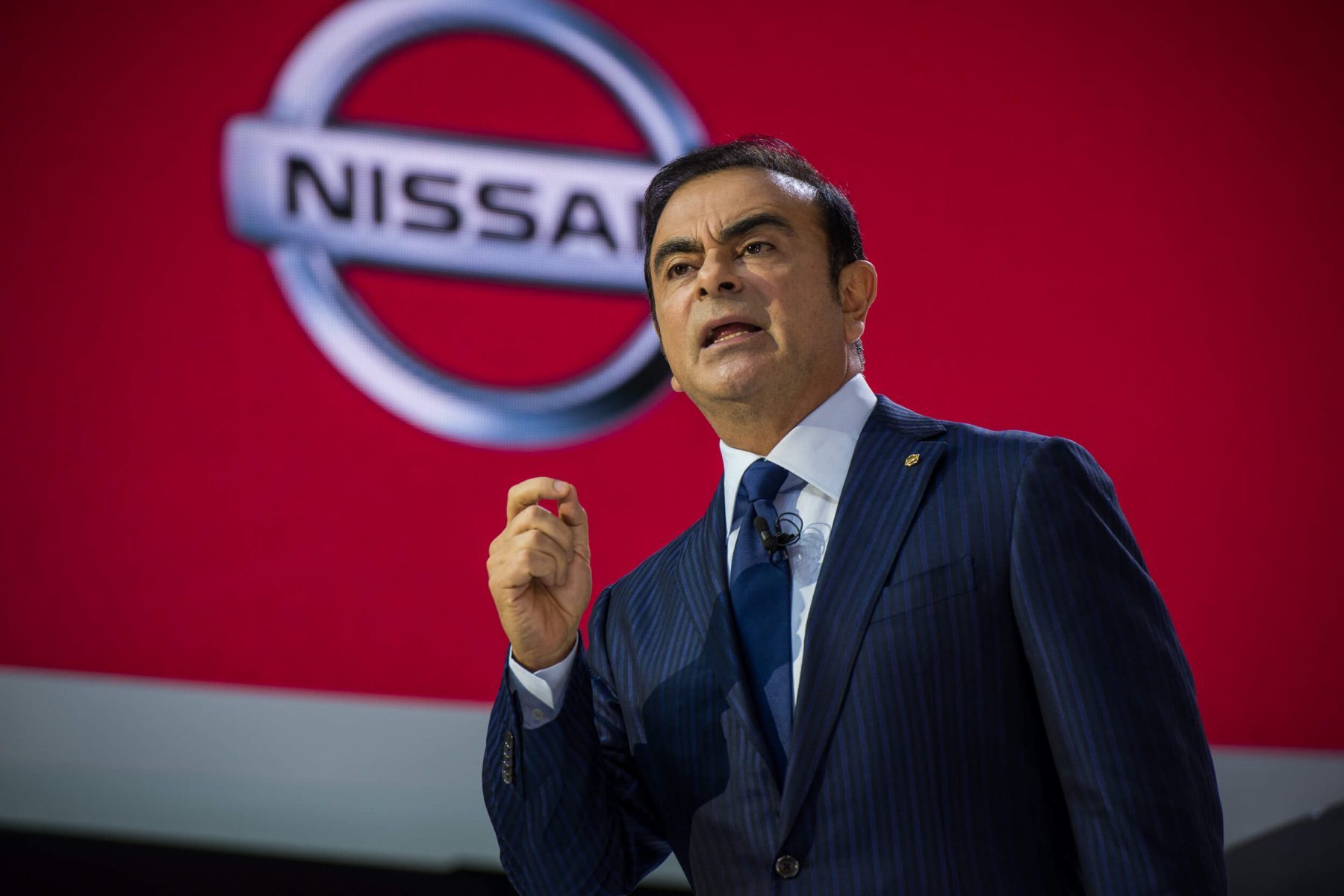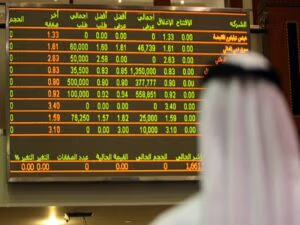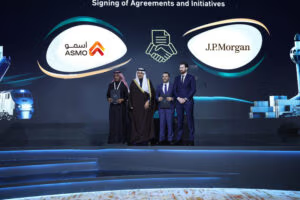Former Nissan CEO Carlos Ghosn has expressed sharp criticism of the potential merger between Nissan and Honda, warning of significant cost-cutting repercussions. Speaking to CNBC on Tuesday, Ghosn described the potential deal as a move that would put Nissan in a subordinate position and result in operational “carnage.”
Ghosn’s Concerns: Duplication and Dominance
Ghosn, who led Nissan for 19 years and played a pivotal role in its rise through the Nissan-Renault-Mitsubishi Alliance, expressed concerns over Honda’s dominance in the proposed partnership:
“I think, without any doubt, Honda is going to be in the driver’s seat, which is very sad to see after having led Nissan … they’re going to be the victim of a carnage.”
He highlighted the extensive overlap between Nissan and Honda’s operations, which he believes would result in significant redundancies:
“There is total duplication … and we know exactly who’s going to pay the price. It’s going to be the minor partner, and it’s going to be Nissan.”
Nissan-Honda Merger Speculation
Talks of a potential merger surfaced earlier this month, with both companies confirming the initiation of integration discussions. The proposed plan includes the creation of a holding company listed on the Tokyo Stock Exchange. Honda, with a market capitalization roughly four times that of Nissan, is expected to nominate most of the board members.
Mitsubishi, Nissan’s existing strategic partner, is also part of the discussions.
If finalized, the merger would create a $54 billion automotive giant, overtaking Hyundai to become the world’s third-largest automaker by vehicle sales, following Toyota and Volkswagen.
Consolidation and Industry Challenges
Executives from both automakers argue that the integration would deliver economies of scale, particularly in the development of electric vehicles (EVs) and autonomous driving technology, industries requiring significant investment.
The combined entity aims to achieve an operating profit of 3 trillion yen ($19.1 billion) in the long term, leveraging shared intelligence and resources to drive competitiveness during the EV transition.
However, Ghosn contends that the lack of complementarity between Nissan and Honda could make cost reductions the primary source of synergies, disproportionately impacting Nissan.
Nissan’s Struggles and Ongoing Restructuring
Nissan has faced persistent challenges, including a deep restructuring plan announced in November that includes:
- Reducing global production capacity by 20%
- Cutting 9,000 jobs
Ghosn speculated that Nissan’s willingness to pursue the merger reflects internal desperation:
“Nissan is in panic mode, looking for somebody to save them from the situation, because they are unable to generate the solution by themselves.”
Honda’s Perspective and Shareholder Concerns
Honda CEO Toshihiro Mibe acknowledged shareholder concerns that Honda might be seen as propping up a weaker Nissan but emphasized the need for both companies to stand independently before finalizing the integration:
“The business integration talks will not come to fruition if the two automakers fail to stand on their own.”
Future Outlook
While the merger has the potential to reshape the automotive industry, skepticism remains. Ghosn’s critique underscores concerns about the viability of the partnership and Nissan’s ability to navigate its ongoing challenges.
The deal, if executed, would signal a significant shift in the Japanese automotive landscape, driven by the financial and technological demands of the EV era. However, whether Nissan can emerge stronger or face the “carnage” Ghosn predicts remains uncertain.





